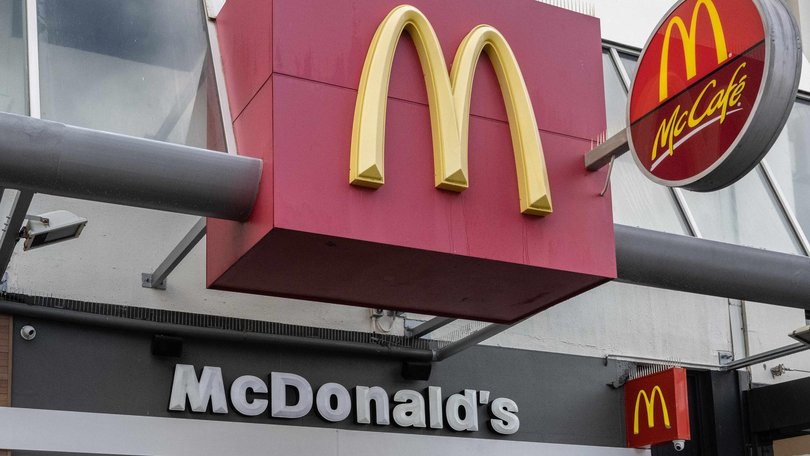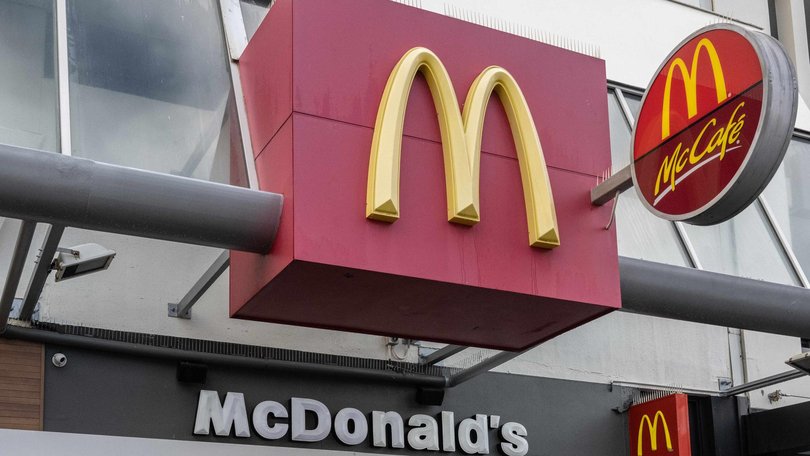Retailers warn of ‘overreach’ after McDonald’s forced into union negotiations
A win for thousands of workers in South Australia could have national implications. But retailers are warning it ‘raises serious questions’.

Retailers are warning a landmark Fair Work Commission ruling forcing McDonald’s franchisees into union negotiations “raises serious questions” about new multi-employer bargaining laws.
In a win for more than 5000 low-paid workers, the Fair Work Commission on Monday ordered 18 McDonald’s franchises in South Australia to enter talks with the Shop Distributive and Allied Employees Association (SDA).
The outcome could set a precedent for similar forced negotiations across the country.
Sign up to The Nightly's newsletters.
Get the first look at the digital newspaper, curated daily stories and breaking headlines delivered to your inbox.
By continuing you agree to our Terms and Privacy Policy.But the Australian Retailers Association (ARA) has blasted Monday’s decision as “overreach” and not true to the intent of the supported bargaining stream.

In a statement on Wednesday, ARA said the laws were “intended to assist sectors with clear barriers to bargaining – such as disability care or early childhood education – where there is a clear need for co-ordinated negotiation”.
The group argued the intent did “not apply to the quick service restaurant industry” that was well-covered by “ordinary provisions of the Fair Work Act”.
Chief executive Chris Rodwell said the Fair Work Commission’s “decision raises serious questions about the threshold for supported bargaining and whether the stream is being applied more broadly than parliament intended”.
“Small business operators in fast food and retail are already facing significant cost pressures and economic uncertainty,” Mr Rodwell said.
“This decision heightens the prospect of those struggling businesses being drawn into multi-employer negotiations without a majority of employee support is deeply concerning.”
SDA has taken a different view, saying the supported bargaining laws were “designed to help low-paid workers – with clearly identifiable common interests – access bargaining”.

“McDonald’s is the largest fast-food chain in the country,” it said.
“Since 2020, it has only provided its workers with the minimum pay and entitlements required in the fast-food sector.
“This case was about bringing the largest and most profitable fast-food chain in the world back to the negotiating table and requiring them to give their workforce a say.”
McDonald’s Australia chief executive Joe Chiczewski told NewsWire on Thursday that he was “incredibly proud to be the largest employer of youths throughout the country”.
Though, he was tight-lipped on whether his employees deserved a pay bump.
“Look, we’re aware of the decision that has occurred and we’re discussing our response internally,” Mr Chiczewski said.
“But absolutely our workers deserve the best and that’s why we invest in them.”
Originally published as Retailers warn of ‘overreach’ after McDonald’s forced into union negotiations
